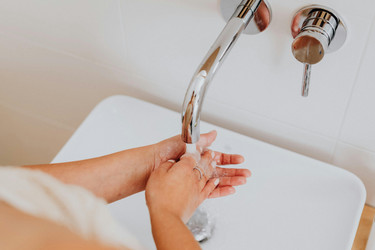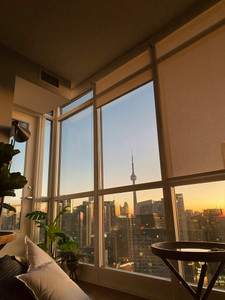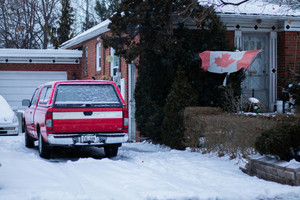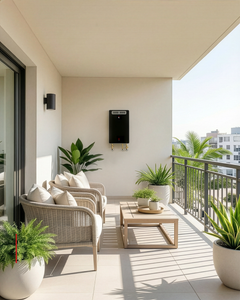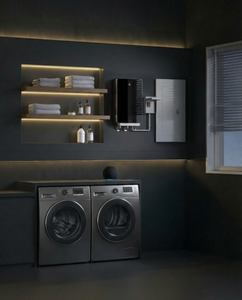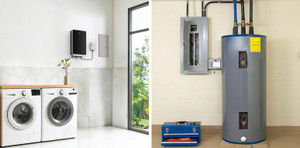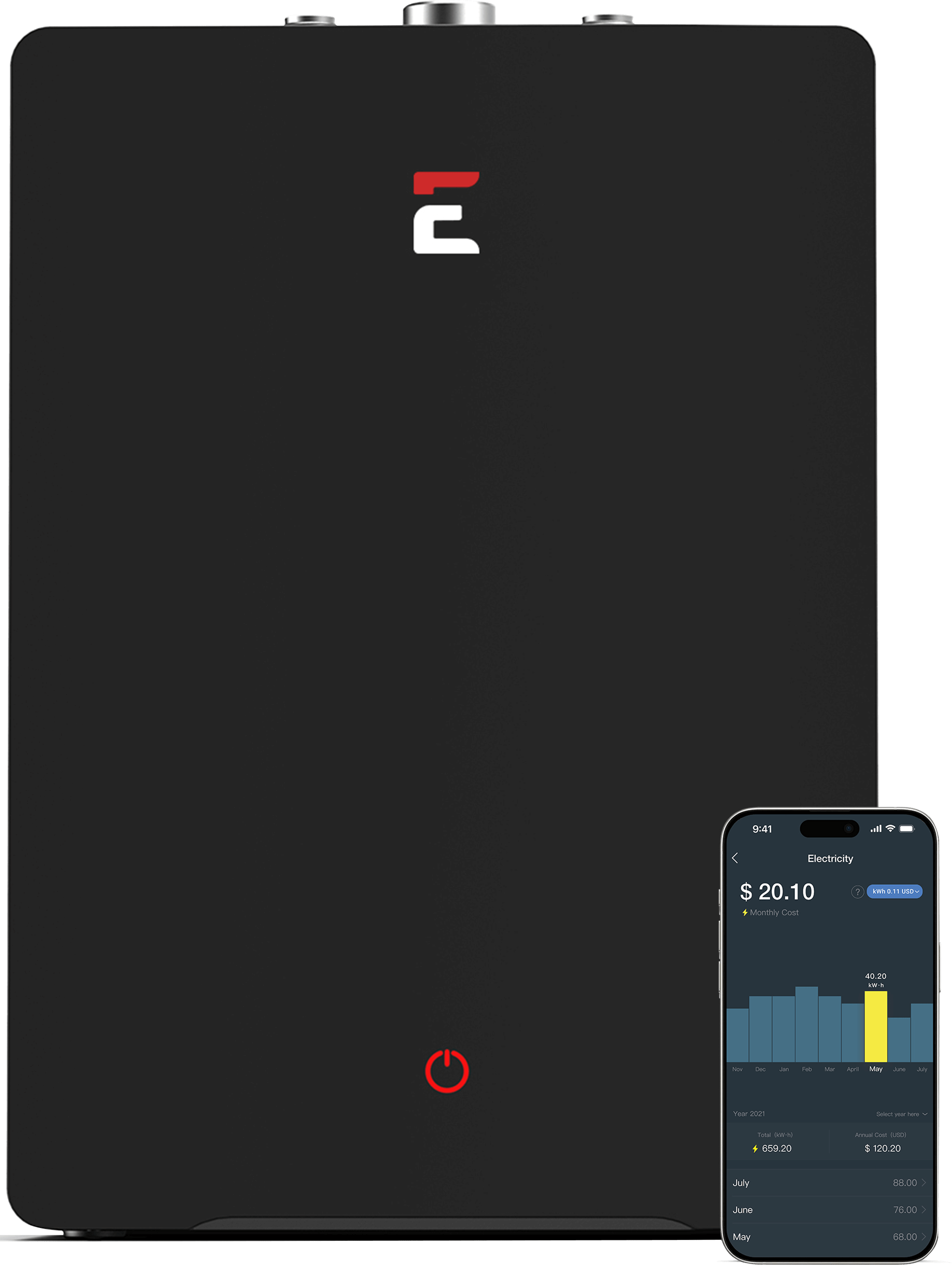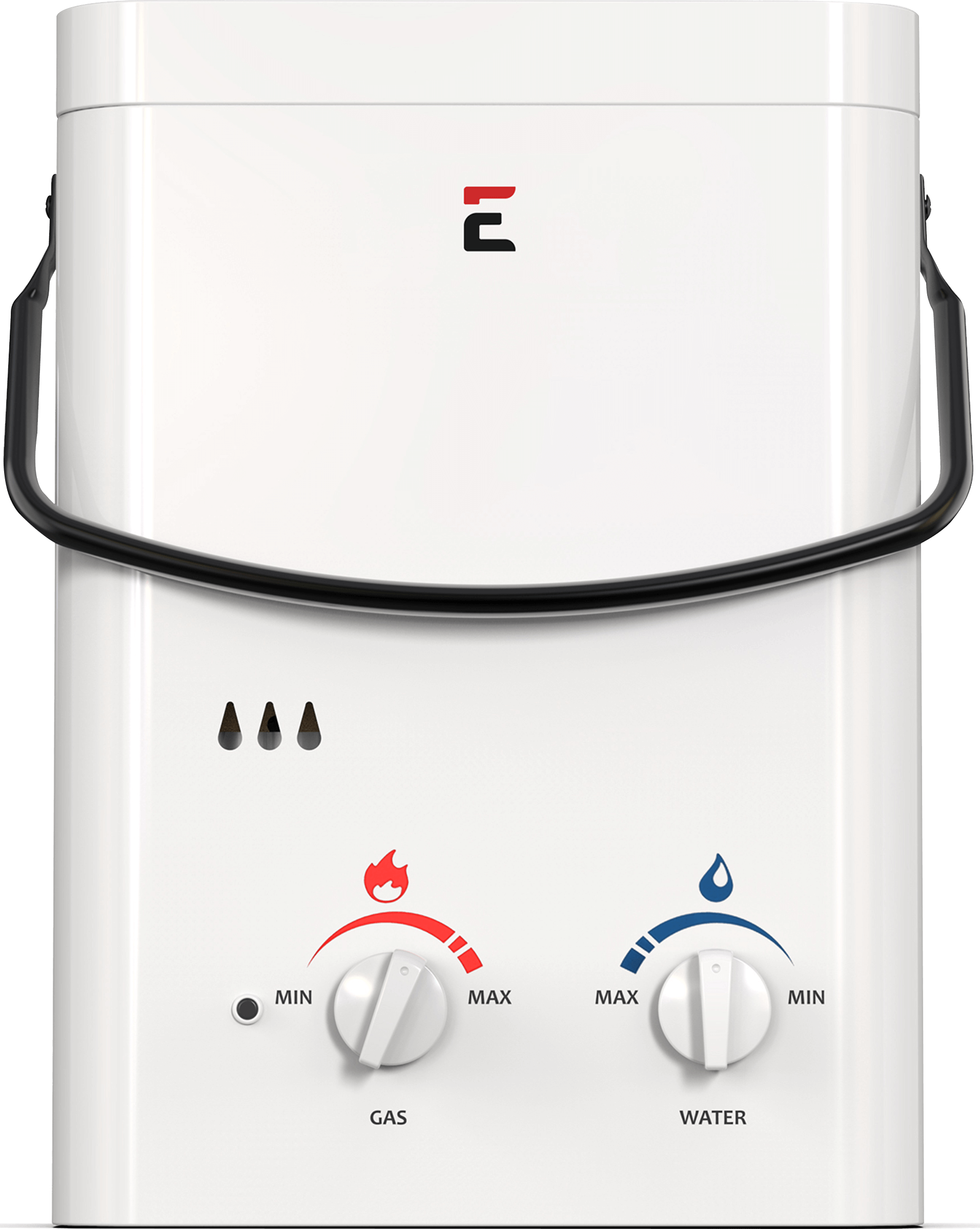The Hidden Impact of Water Hardness and Mineral Scaling in Canada: How It Affects Tankless Heaters’ Lifespan and Performance
Water Hardness and Its Overlooked Role in Tankless Heating
When Canadians think about home comfort and efficiency, water quality is rarely the first consideration. Yet the hardness of water and the mineral scaling that comes with it play a major role in how well a tankless water heater performs over time. For homeowners investing in Eccotemp tankless water heaters, understanding water hardness is essential to maintaining peak efficiency, reducing energy costs, and protecting long-term reliability.
Understanding Water Hardness in Canada
Water hardness is the measure of calcium and magnesium dissolved in the water supply. As these minerals accumulate, they form scale inside pipes, fixtures, and water heating systems. While water hardness is not a health hazard, scaling creates serious performance issues. In a tankless water heater, such as Eccotemp tankless water heaters, mineral deposits cling to the surfaces of the heat exchanger and internal channels. Over time, the buildup forces the heater to work harder, consume more energy, and eventually lose efficiency if scaling is left unchecked.
Mapping Hard Water Across Canada
Water hardness varies widely across Canada, depending on local geology and water sources. Ontario is one of the provinces most affected, with cities such as Kitchener and Waterloo often exceeding 300 milligrams per liter of calcium carbonate. The Prairie Provinces, including Alberta, Saskatchewan, and Manitoba, regularly report extreme hardness levels above 400 milligrams per liter. Quebec shows variation, with Montreal benefiting from softer water drawn from the St. Lawrence River, while other regions relying on groundwater experience higher hardness. In British Columbia, coastal cities such as Vancouver and Victoria enjoy soft water, but the Okanagan Valley reports harder conditions due to groundwater reliance. Atlantic Canada typically ranges from soft to moderately hard water, though rural wells can create localized challenges. In the Northern Territories, most communities experience softer water, though variations occur depending on whether the source is glacial, surface, or groundwater.
How Mineral Scaling Affects Eccotemp Tankless Water Heaters
When hard water runs through a tankless heater, calcium carbonate precipitates under high heat and forms scale deposits. These deposits reduce heat transfer efficiency, cause fluctuating temperatures at the tap, increase energy consumption, and may create noise during operation. If left unaddressed, mineral scaling can lead to overheating, trigger safety shutdowns, and eventually result in heat exchanger failure. For homeowners, this means higher bills, increased maintenance needs, and the risk of replacing an expensive component sooner than expected.
Eccotemp’s Solution with the EZ-Flush System Descaler Kit
To prevent mineral scaling from damaging performance, Eccotemp recommends regular descaling with the EZ-Flush System Descaler Kit, which is available directly from Eccotemp Canada. The EZ-Flush Kit is designed specifically for maintaining Eccotemp tankless water heaters. It circulates a safe descaling solution through the system, dissolves calcium and magnesium deposits, restores water flow, and brings heating efficiency back to optimal levels. Using the EZ-Flush Kit every six to twelve months, particularly in provinces with very hard water such as Ontario, Alberta, and Saskatchewan, provides reliable protection and ensures that the heater continues to perform efficiently for many years.
Additional Ways to Protect Eccotemp Tankless Heaters
In addition to the EZ-Flush Kit, there are other strategies that Canadian homeowners can adopt to reduce the impact of water hardness. Installing a water softener before water enters the system is particularly effective in areas with extreme hardness. Where softeners are not feasible, point-of-entry filtration with scale inhibitors can provide protection. Homeowners can also reduce scaling by lowering the water heater’s output temperature to around 49 to 54 degrees Celsius, which slows down mineral precipitation. Even in provinces with soft water, such as British Columbia, performing an annual flush helps maintain system efficiency and reliability.
Province-Specific Recommendations
In Ontario and across the Prairie Provinces, where water hardness is extreme, combining a water softener with frequent descaling using the EZ-Flush Kit is the most effective approach. In Quebec and Atlantic Canada, where hardness is moderate, annual descaling is often enough, though well water users should monitor their local hardness levels closely. In British Columbia and the Territories, where water is typically softer, annual flushing is usually sufficient, although localized groundwater conditions may still demand additional attention.
Long-Term Benefits of Managing Water Hardness
Managing water hardness not only extends the life of an Eccotemp tankless water heater but also ensures consistent hot water performance, reduced energy costs, and fewer costly repairs. By pairing regular maintenance with the EZ-Flush Kit and region-appropriate water treatment solutions, Canadians can maximize the return on their investment while enjoying reliable comfort at home or in cottages, cabins, and off-grid applications where Eccotemp heaters are especially popular.
Conclusion
Hard water is a silent but significant factor that can undermine the efficiency and longevity of tankless water heating systems. Across Canada, homeowners face very different water hardness conditions depending on where they live, and ignoring these conditions often leads to premature equipment failure. By choosing Eccotemp tankless water heaters and adopting proactive maintenance strategies with the EZ-Flush System Descaler Kit, Canadians can safeguard their systems, improve energy efficiency, and enjoy reliable hot water for years to come.
Frequently Asked Questions
What is considered hard water in Canada?
Water hardness is measured in milligrams per liter of calcium carbonate. Levels above 120 milligrams per liter are considered hard, while levels above 300 are very hard. Ontario and the Prairie Provinces frequently exceed these thresholds.
How often should I descale my Eccotemp tankless water heater?
In provinces with very high hardness, descaling should be done every six months. In moderate regions, once per year is usually sufficient. Monitoring local hardness levels can help determine the right schedule.
Does the EZ-Flush System Descaler Kit work with all Eccotemp models?
Yes. The EZ-Flush Kit is designed to work with all Eccotemp tankless water heaters.
Does using a water softener eliminate the need for descaling?
A softener greatly reduces mineral buildup but does not completely eliminate it. Periodic descaling with the EZ-Flush Kit remains important.
Can adjusting my water heater temperature reduce scaling?
Yes. Setting the temperature to a moderate level, around 49 to 54 degrees Celsius, slows down mineral precipitation and reduces scaling.
 Weekly Deals
Weekly Deals
 Water Heaters
Water Heaters
 Accessories
Accessories
 Installation
Installation
 Parts
Parts
 Protection Plans
Protection Plans
